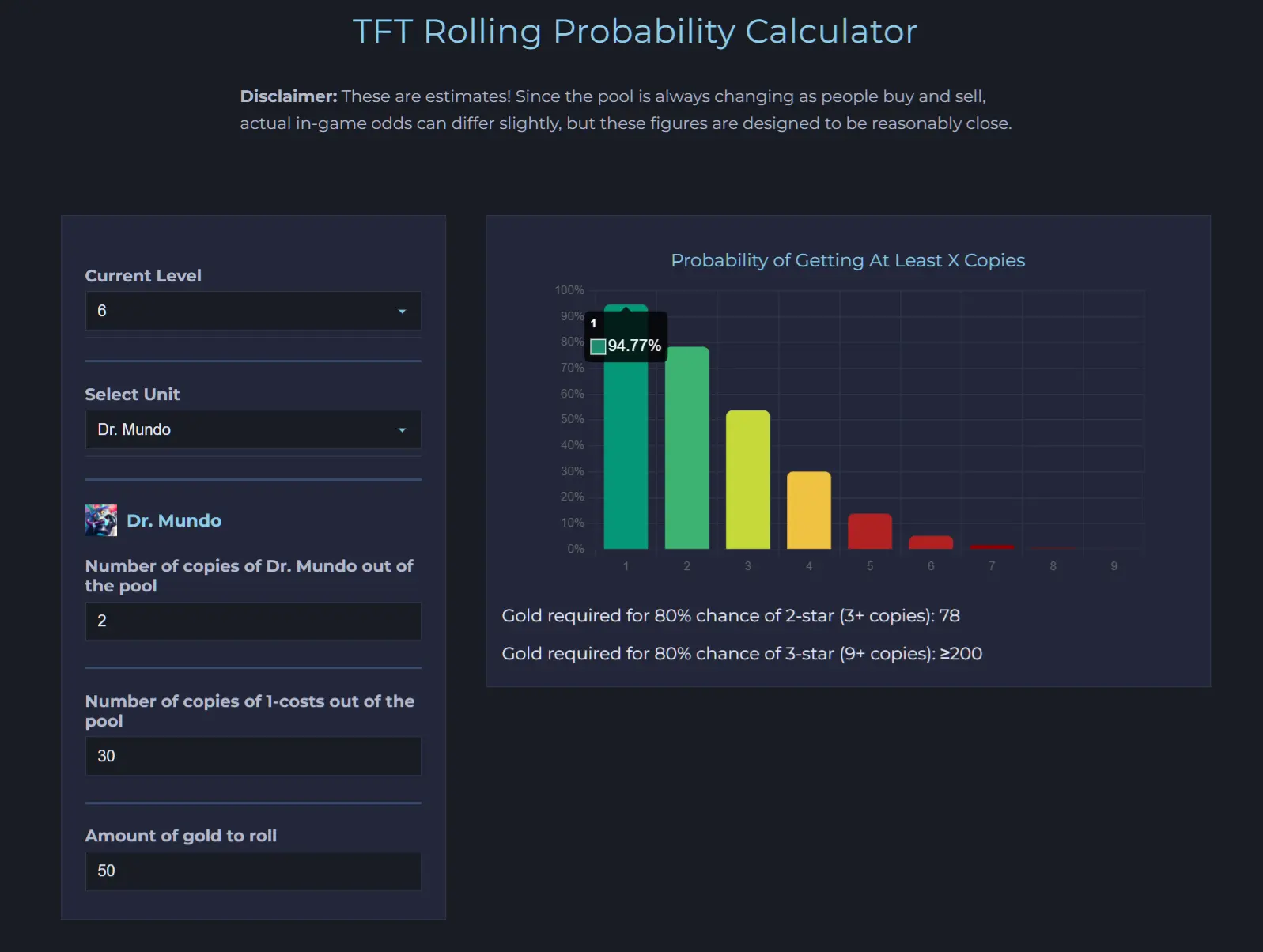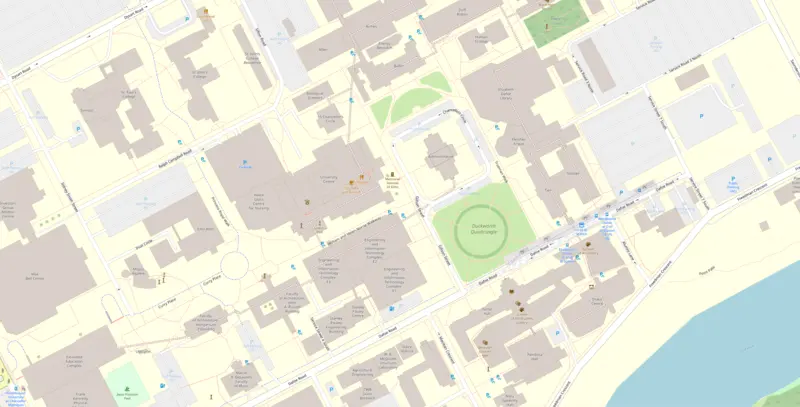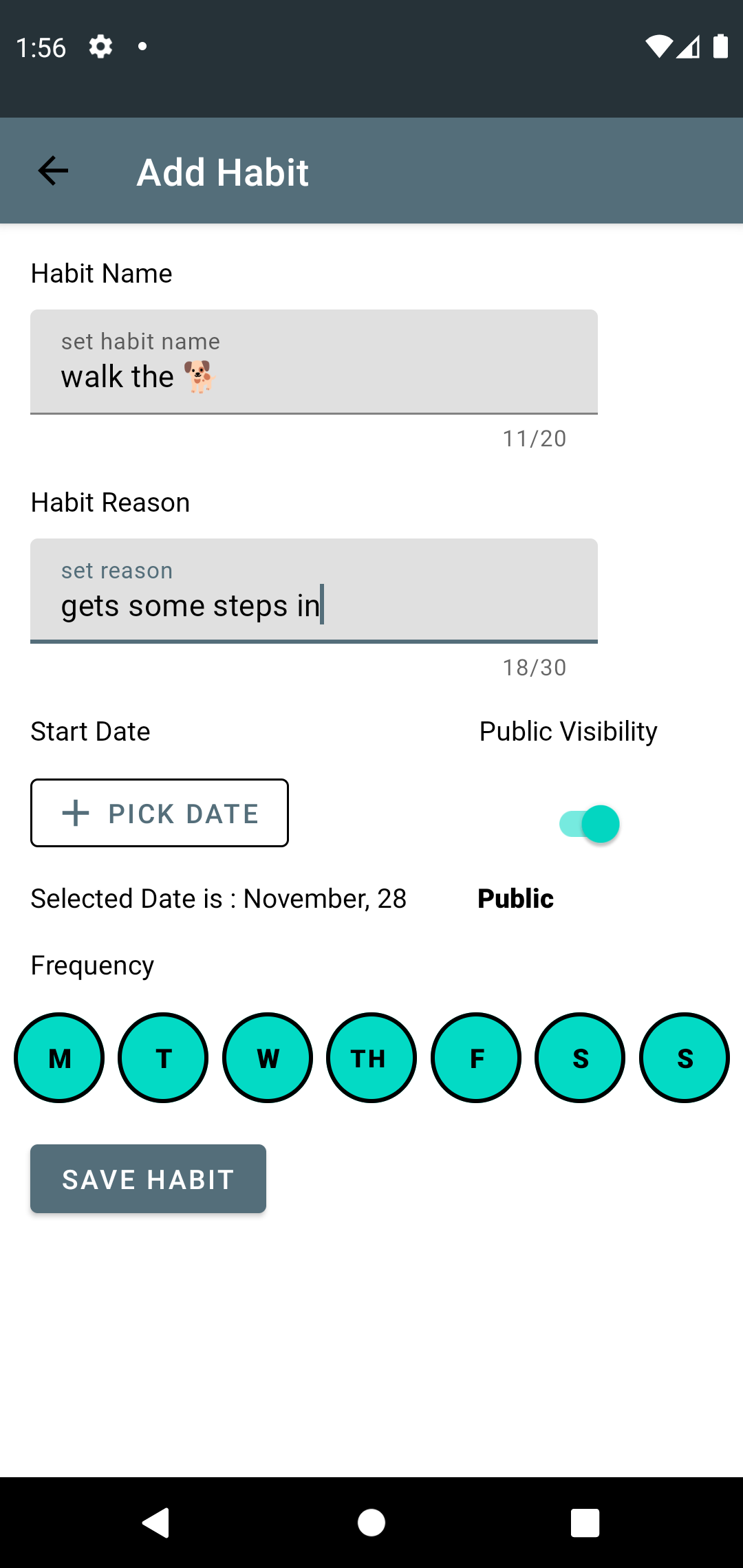Hey, it's Henry👋
About Me
Academic Journey
Hi there! My name is Henry Vu. I'm currently a graduate student in Computer Science @UTDallas, specializing in Intelligent Systems. Previously, I received my B.Sc. Honors in Computer Science @UAlberta.
Research & Experience
My interest in math started early in local competitions. I've always enjoyed modeling real-world problems in rigorous mathematical language, seeing the underlying structure, and translating that structure into computational solutions.
Fast forward to the present, I've had the privilege to work with and learn from some of the most brilliant people during my time in college, diving deep into areas like online optimization, reinforcement learning, and deep learning.
Current Focus
Currently, I'm developing lightweight semantic segmentation models for medical imaging at Thormed Innovation, and working on my Master's thesis. I'm always excited to connect with fellow researchers and students interested in math, stats, ML or CS!

Where I've Worked
Computer Vision Intern @Thormed Innovation
Feb 2025 - Present
- Developed lightweight semantic segmentation models in LiteRT for efficient and automated bladder volume calculation.
- Fine-tuned SAMUS and knowledge distilled onto a 8M param U-Net-based model, achieving Dice ≥ 90% and Hausdorff Distance ≤ 10mm.
- Performed model quantization and inference optimization to reduce model size and improve runtime efficiency, preserving up to 98% of accuracy.
- Leveraged Python and OpenCV to extract bladder ultrasound images from video and applied the SAMUS model to generate segmentation masks, addressing data scarcity.
Teaching Assistant @UTDallas
Jan 2025 - Present
- Held weekly office hours, prepared seminar and exam materials, and graded coursework.
- Mentored 100+ students in Algorithms and Data Structures through technical reviews.
Undergraduate Research Assistant @SODALab
Dec 2023 - May 2024
- Reinforcement Learning: Conducted an in-depth theoretical and empirical survey about multi-armed bandit problems under settings such as stochastic, adversarial, Markovian, and restless bandits.
- Designed and implemented Python simulations to empirically validate and compare the performance of classic bandit algorithms, including UCB, Exp3, Thompson Sampling, and Gittins Index.
- Supervised by Dr. Xiaoqi Tan.
Teaching Assistant @UAlberta
Sep 2023 - May 2024
- Held weekly office hours, prepared seminar and exam materials, and graded coursework.
- Mentored 300+ students in Algorithms and Data Structures through technical reviews and weekly problem-solving sessions.
Undergraduate Researcher - Online Learning @Amii
Apr 2022 - May 2023
- Online Learning: Researched and implemented algorithms for online optimization problems such as online conversion, knapsack, and bipartite matching using the online primal-dual framework.
- Studied a new online learning framework that incorporates machine-learned predictions to develop both robust and consistent algorithms, extending beyond traditional worst-case analysis.
Projects I've Worked On

EEG Decoding: a Multi-Modal Approach
Dealing with noisy and complex brain signals (EEG) requires robust analysis. This project developed a novel EEG feature extraction framework, combining convolution for local patterns and self-attention for global context. The extracted EEG features were then strategically combined with word embeddings from different LLMs to achieve consistent improvements in classification accuracy.

Modeling Political Sarcasm
Political sarcasm in online text is incredibly subtle, relying heavily on nuanced language and context rather than tone. This project focused on building accurate detection models using advanced feature engineering and fine-tuned DistilRoBERTa to better understand and identify sarcasm in political discussions.

TFT Rolling Odds Calculator
This project focused on building a website for calculating the probability of rolling a specific champion in Teamfight Tactics. The calculation uses Markov Chain to model the probability, where each state represents the probability of having an X number of a specific champion.

UManitoba Navigator
Creating an efficient navigation system for a large campus, with hidden pedestrian paths and tunnels, like UManitoba solves a practical user problem. This project built a full-stack web application featuring a detailed map derived from OpenStreetMap data and implemented Dijkstra's algorithm to find truly optimal travel routes.

HabiTrak
Building consistent habits can be difficult, requiring diligent tracking and self-discipline. HabiTrak is an Android application designed to help users overcome this challenge by providing a straightforward platform to log, track, and visualize their daily habit progress.